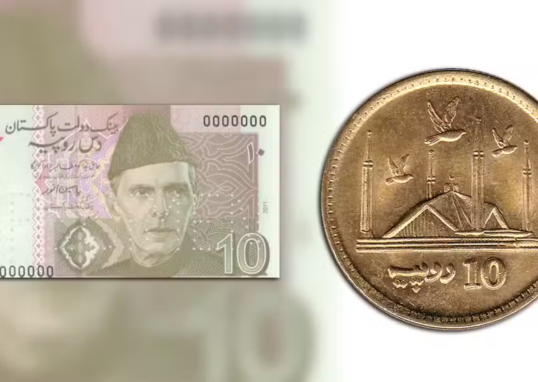

World leaders gathered in Belem, Brazil, on Thursday announced the launch of a landmark Tropical Forests Forever Facility (TFFF) — a global fund aimed at protecting the planet’s forests. The initiative immediately received over $5 billion in commitments, marking the first step toward an ambitious $125 billion target to reward tropical countries for preserving their forests.
The new fund, politically sponsored by Brazil, is designed to offer developing nations financial incentives for maintaining forest cover rather than exploiting it for short-term economic gain. For every hectare of forest left standing, countries would receive payments derived from the fund’s profits. Private investors are expected to participate as well, earning returns from investments primarily in emerging market bonds.
“This fund could not have come at a better time,” said Abe Assamoi, an Ivory Coast representative. “We have lost significant forest area, but we have adopted a strong reforestation plan. However, such goals need substantial financial support.”
The TFFF was launched during a high-level climate summit in Belem — a symbolic choice, as the city sits at the edge of the Amazon rainforest, often described as the “lungs of the Earth.” The initiative precedes the United Nations climate conference scheduled for next week, where global leaders will continue discussions on deforestation and carbon reduction.
Initially, the fund’s architects envisioned securing $10 billion within a year, but that goal was scaled down following tepid responses from some governments. Still, early contributions have come in strong: Brazil and Indonesia each pledged $1 billion, while France, Portugal, Germany, and Norway announced additional commitments. Norway pledged 30 billion kroner ($3 billion) in loans, emphasizing that halting deforestation is critical to fighting climate change and biodiversity loss.
Meanwhile, some nations remain hesitant. The UK declined to contribute, and Finland said it would be “difficult to find new resources” amid global economic uncertainty. However, Brazilian officials remain optimistic. “Things can change. This is a long-term project,” said Brazil’s chief climate negotiator, Mauricio Lyrio. Finance Minister Fernando Haddad added that Brazil has already “surpassed fifty percent” of the fundraising goal set for the next climate conference in 2026.
Despite the enthusiasm, environmental groups have voiced caution. Greenpeace Brazil welcomed the initiative but raised concerns about oversight and investment transparency. “Weaknesses remain — particularly regarding where the money will be invested and what industries will be excluded,” said Carolina Pasquali, the organization’s executive director.
If successfully implemented, the fund could provide hundreds of millions of dollars annually to major forest nations like Brazil, Indonesia, and the Democratic Republic of Congo, provided they meet deforestation reduction targets. Environmental advocates view this as a vital mechanism to address two pressing global crises simultaneously — climate change and biodiversity loss.
“Forests are worth more standing than cut down,” declared President Luiz Inácio Lula da Silva, underscoring Brazil’s leadership role in global environmental policy. “In a few years, we will see the fruits of this fund. And we’ll remember that it was in the heart of the Amazon rainforest that we took this collective step forward.”






